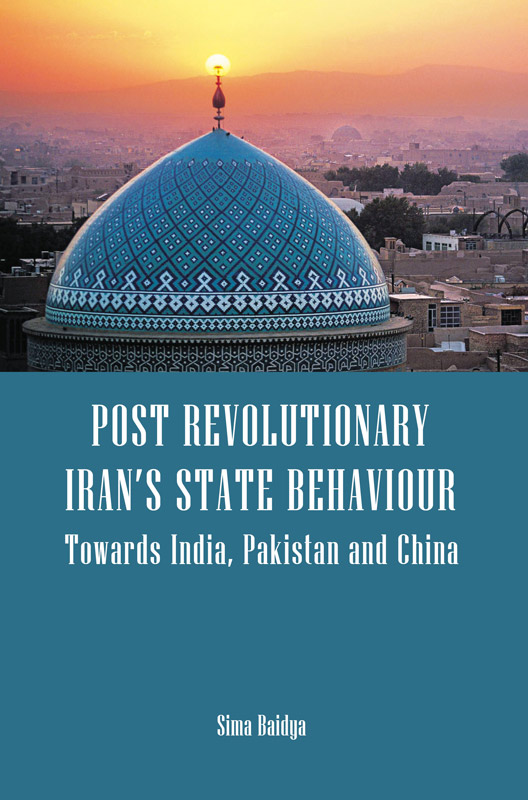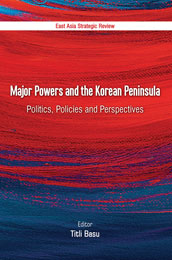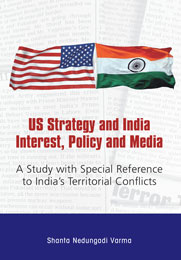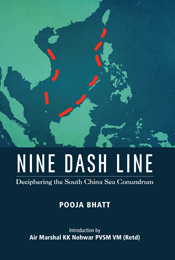Subjects
Post Revolutionary Iran’s State Behaviour: Towards India, Pakistan and China
Sima Baidya
Deciphering post revolutionary Iran’s state behaviour is difficult. Based on a theoretical foundation, the book dissects Iran’s state behaviour. Narrowing it down to issue area approach, it lays emphasis on the discourse of state behaviour and how it negotiates and re-negotiates with different actors and circumstances alike. Factored in the pre-conceived notion of differentiation between foreign policy and state behaviour, this book examines the overlapping character of the two, its tendency to merge in a low and high intensity scenario; nonetheless posturing it differently at a different point of time. This is done by taking the case study of Islamic Republic of Iran with reference to four issues, political Islam, energy, nuclear ambition and regional engagements. It is further narrowed down by regressing them in the context of three countries; China, India and Pakistan. It clearly demonstrates and substantiates that the areas of convergence and divergence of foreign policy and state behaviour depend upon issues and the context. They need not always be in convergence and not necessarily divergence with each other. Post revolutionary Iran’s state behaviour reflects the changing pattern of its politics. Iranian state behaviour conformed to its national interests and ideology, strives to maintain its identity. Deconstructing Iranian state behaviour, the book finds that it has been influenced by the processes of adjustments and readjustments with the global environs without discarding its core principles. Nevertheless, with respect to diverse issues and the context, post revolutionary Iran’s state behaviour is different at different point of time.


 Political Science
Political Science



